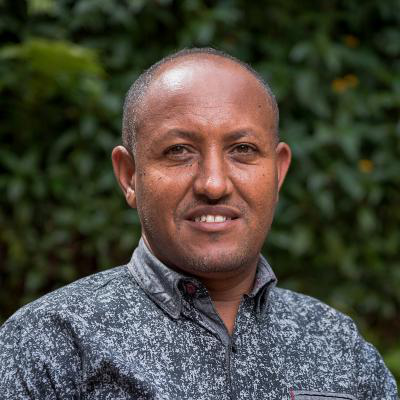Description
Agroforestry (AF) has already proven its potential for farm sustainability, climate change mitigation & adaptation, biodiversity preservation, and soil conservation. However, AF performances are context-dependent, and many barriers hinder its adoption, such as lack of tools for decision-making, assessing economic, environmental, social benefits, and monitoring of policies and their impact on AF. DigitAF aims to boost AF implementation in the EU and beyond thanks to the co-development of digital tools tailored to the needs and concerns of DigitAF target groups. To engage actors whose
decisions impact AF implementation, DigitAF:
(1) Supports policy-actors at various scales to design more efficient policies supporting AF adoption & carbon farming;
(2) Provides tools helping practitioners (farmers...) deal with the complexity of AF systems. DigitAF allows them to optimize the design and management of agroforestry systems at field and farm scale;
(3) Enhances capacities of actors to assess, quantify and market the economic, environmental and social performance and benefits of AF.
The end-user centred multi-actor approach of DigitAF is made possible by implementing 6 living labs (LL) in Italy, Germany, Netherland, United Kingdom, Finland and the Czech Republic. Open-source tools are co-developed thanks to the existing or novel practical knowledge, scientific evidence and models. They are tested with the end-users from LL and improved thanks to their feedback. Larger dissemination to target groups is ensured through DigitAF partners gathering members and networks across EU.
DigitAF consortium brings together 25 partners from 20 countries from the EU, Associated Countries and beyond, composed of RTOs (9), universities (5), SMEs (6), European and international organisations (4), NGO and cooperative (1). DigitAF consortium and the LL cover all AF value chain actors, thus efficiently supporting AF implementation in the EU.






















